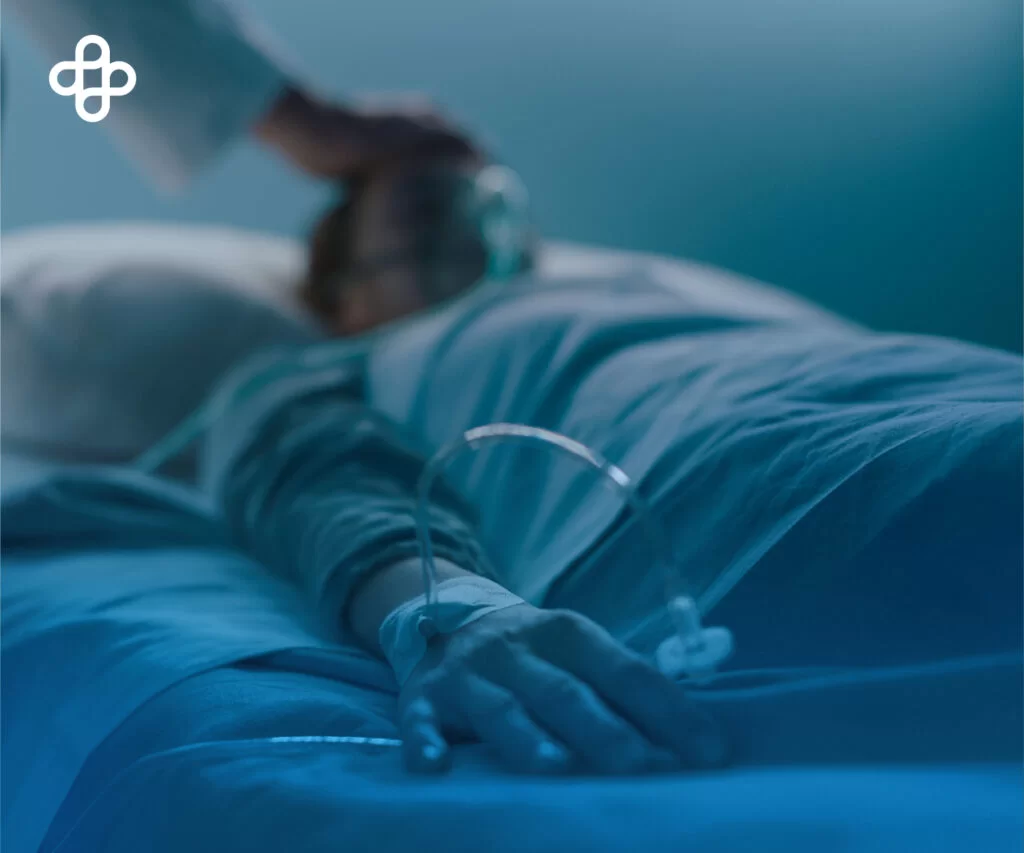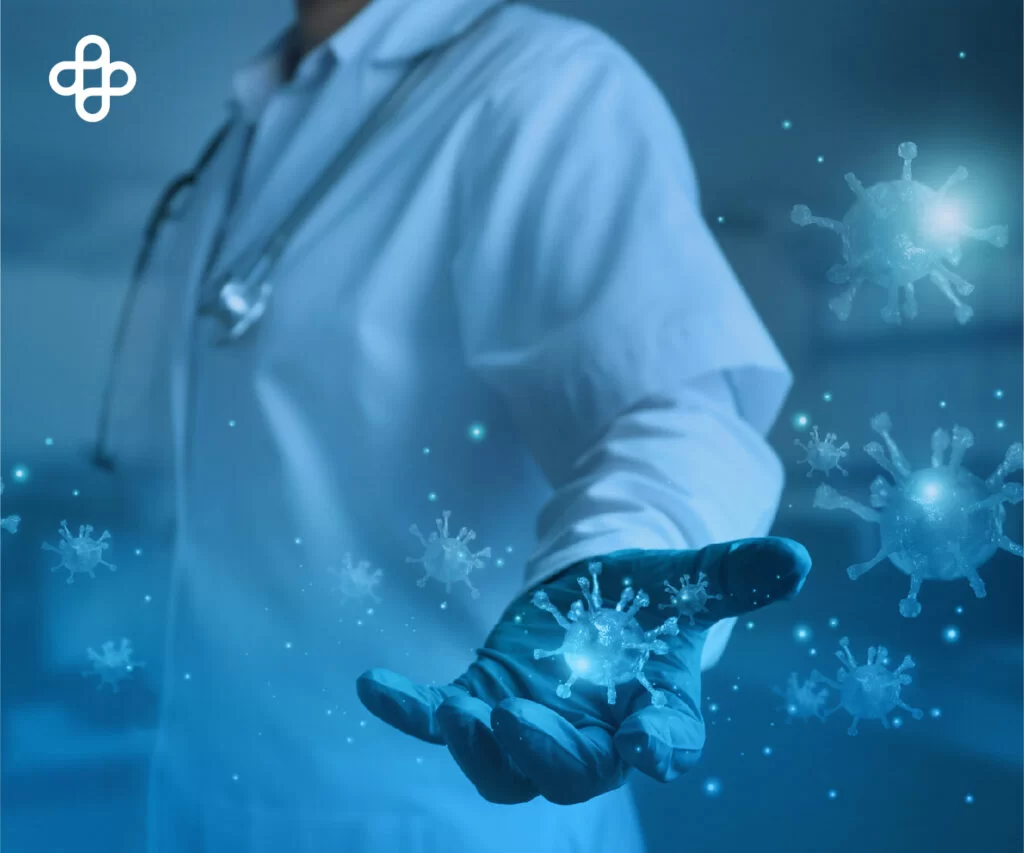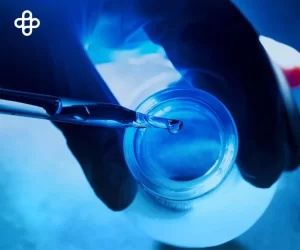Harnessing Mesenchymal Stem Cells to Combat COVID-19 Complications. The Severe Acute Respiratory Syndrome Coronavirus 2, known as SARS-CoV-2, spreads from person to person and can lead to severe cases of pneumonia, significant breathing difficulties, kidney failure, and even death in its most severe manifestations.
Moreover, the danger of the disease lies in its potential to be asymptomatic, meaning it might not show symptoms immediately. However, symptomatic cases are prevalent, with patients experiencing fever, cough, and shortness of breath.
To aid the global community, scientists and physicians are focusing on determining the effectiveness of Mesenchymal Stem Cells as a complementary treatment for COVID-19 patients.
Imagine scenarios where there is either no insulin production or improper usage, leading to high blood glucose levels, known as hyperglycemia.
The issue with maintaining high glucose levels over time is that it begins to damage the body, causing failures in other organs and tissues.
Clinical Scientific Support
The clinical and scientific support for the use of Mesenchymal Stem Cells is extensive.

COVID-19 Complications
Various countries have utilized and approved Mesenchymal Stem Cell treatments for different inflammatory diseases. This is owing to their immunomodulatory and reparative properties.
Currently, there are no specific drugs or vaccines available to cure patients with COVID-19 infection. Thus, there is a pressing need for a safe and effective treatment for patients with SARS-CoV-2, especially in severe cases.
The goal of this research is to promote “the use of Mesenchymal Stem Cells as complementary therapy” in treating COVID-19.
Clinical protocols must adhere to the doses and procedures defined by recent publications in the treatment of COVID-19 patients.
Although researchers do not fully understand the exact mechanism, they suggest that Stem Cells help in pulmonary pathology. This assistance comes through secreting anti-inflammatory cytokines and antimicrobial peptides. Additionally, they interact with alveolar cells through mitochondrial transfer.
Furthermore, different preclinical models have shown that the secretion of extracellular vesicles (EVs) reduces inflammation and promotes tissue regeneration.
Ultimately, several preclinical models have subjected Mesenchymal Stem Cells to use in acute pulmonary injuries, allowing these cells to be used in critical patients.
Most results in patients with acute pulmonary syndrome demonstrate notable pulmonary improvement and a reduction in inflammatory indices.
If you want to learn more about COVID-19, we invite you to read our article “Causes of COVID-19.” If you are interested in deepening your understanding of the relationship between Stem Cells and COVID-19, be sure to check out our article “Stem Cells for COVID-19.”
Thereafter, be sure to visit our article What are stem cells?



